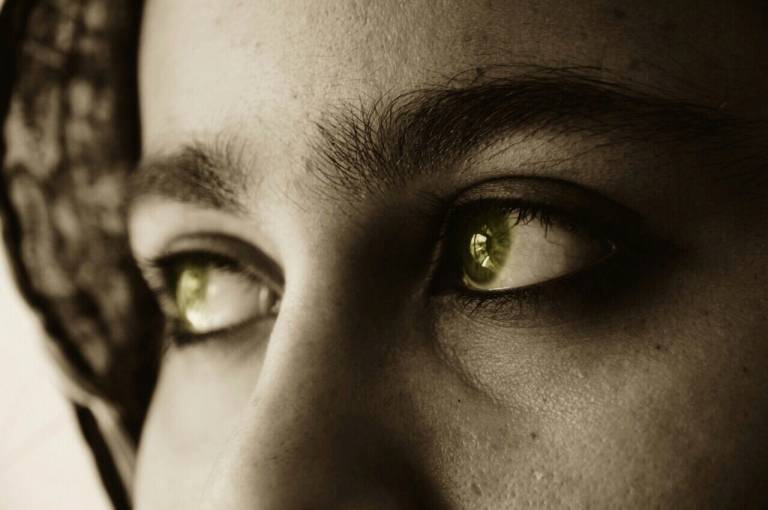VIRTUAL EVENT: Preventing Violence Against Women: What Can We Learn from Extreme Settings?
23 February 2021, 1:00 pm–2:00 pm

This lecture explores what we know about the reasons why violence against women is accepted in some countries and what factors impact this.
This event is free.
Event Information
Open to
- All
Availability
- Yes
Cost
- Free
Organiser
-
Sanaa Al-Busaidy
About the lecture:
While violence against women is a problem all over the world, in some countries it is widely accepted as a normal part of women's everyday lives. These ‘extreme settings’ are often excluded from research as outliers, but in fact, they have a lot to teach us about the psychology of violent behaviour and how it can be prevented. This lecture explores what we know about the reasons why violence against women is often accepted and how it is related to gender inequalities, armed conflict, child abuse and other forms of violence. It also examines how we can use knowledge of extreme settings to start to challenge this acceptance. This is discussed in relation to the COVID-19 pandemic and current evidence of the rising rates of violence against women globally. We urgently need new approaches to violence prevention that effectively address violent behaviours and extreme settings may hold many of the answers for how to do this.
About the Speaker
Dr Jenevieve Mannell
Associate Professor at UCL’s Institute for Global Health
Dr Jenevieve Mannell is an Associate Professor in UCL’s Institute for Global Health. She currently holds a prestigious UKRI Future Leaders Fellowship to improve the evidence base for preventing violence against women in the world’s highest prevalence settings globally. Her research interests include gender inequalities, participatory mixed methodologies, intervention co-design, and mental health. Dr Mannell is the Principal Investigator of the EVE Project, which uses participatory research approaches to co-develop violence prevention interventions in partnership with local communities, and the SHAER study, which examines the potential for storytelling to alleviate the mental health suffering of women experiencing violence. She is currently working in partnership with community-based organisations in Peru, Afghanistan, Samoa and South Africa.
 Close
Close

